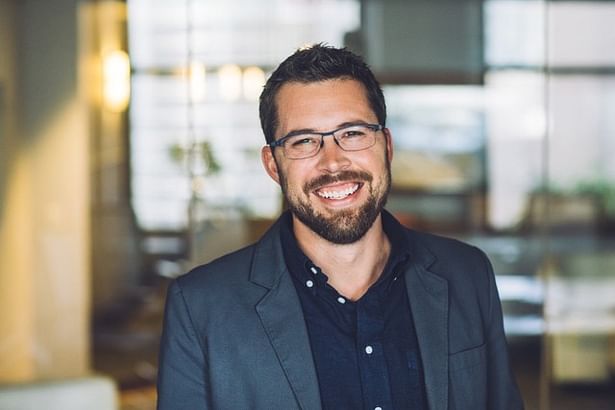

Buro Happold, the global engineering consultancy operating in 29 locations worldwide, says “the time is now” for organizations to embed robust environmental, social and governance (ESG) policies.
Mike Stopka, Principal in Buro Happold’s Chicago office and lead of its U.S. sustainability services and ESG consultancy, says: “The time is now for companies to act and get to grips with their ESG policies. And while benefits to the environment are perhaps clearer for organisations to see, emissions reduction alone isn’t enough. ESG policies shouldn’t neglect key social and governance issues. It’s no longer enough for corporations and institutions to understand why they need to implement more sustainable practices. They need to know how to do it. That’s where we can help.”
Traditionally, ESG has revolved around larger companies reporting sustainability progress and sharing their positive stories with the world. Now, however, there’s much more emphasis on taking hard action and measuring the good that is supposedly occurring. Quality ESG work is less about reporting and accounting and more about implementing real, challenging actions to help companies achieve their goals, as Stopka explains.
“It’s easy to set ‘zero carbon by 2030’ targets, but realizing those targets is much more challenging,” says Stopka, who has worked with global technology leaders, real estate companies such as Vornado Realty Trust and Sterling Bay, as well as institutions like Northwestern University, UC San Diego and the Field Museum of Natural History. “Fortunately, Buro Happold is an engineering and technical company – it’s in our DNA. We know how to get companies to net zero – and getting there can include many things.” Examples include:
The pressing need to mitigate climate impact is clear. At the COP26 climate summit, UK Prime Minister Boris Johnson said the world was “at one minute to midnight” in its fight against climate change. This urgency, combined with a growing wave of more socially and environmentally-conscious leaders, employees and investors, means ESG action has never been more important.
Then there are the wider business benefits of robust ESG policies, says Stopka, who previously served as director of sustainability for the University of Chicago and launched ESG consulting firm MIST before joining Buro Happold. He explains why organizations shouldn’t underestimate those major benefits: “Reduced supply chain vulnerability, stronger talent acquisition, happier employees, access to sustainability-oriented funding and customers, healthier facilities, operational cost savings, branding, reduced regulatory compliance risk, and investor relations – all can be key consequences of ESG improvements.”
ESG is about a company’s business model, adds Stopka: How its products and services contribute to sustainable development, and how a company manages risk and its own operations to minimize negative impact. Broadly, ESG can be broken down and defined as follows:
“We pride ourself on marrying both the engineering, strategic and people aspects of ESG,” concludes Mike Stopka, a frequent speaker and author on the subject. “We’re able to get people to adapt and get behind changes – and we’re also able to help companies assess and understand where they are, put a strategy in place, and chart a clear roadmap for implementation.”
ESG is not merely a framework that institutions and investors have to report on. It’s also firmly on the radar of employees, regulators and everyone else within organisation. Robust ESG policies are now a “must-have,” to work towards positive climate action and build a more sustainable, resilient future. But only with the right ESG policies and support can they get there.
-ends-
About Buro Happold
Buro Happold is an international, integrated consultancy of engineers, consultants and advisers. Operating in 29 locations worldwide, with 72 partners and over 1,900 employees; for over 40 years we have built a world-class reputation for delivering creative, value led solutions for an ever-challenging world. www.burohappold.com
https://www.burohappold.com/specialisms/environmental-social-and-governance-consulting/
No Comments
Block this user
Are you sure you want to block this user and hide all related comments throughout the site?
Archinect
This is your first comment on Archinect. Your comment will be visible once approved.